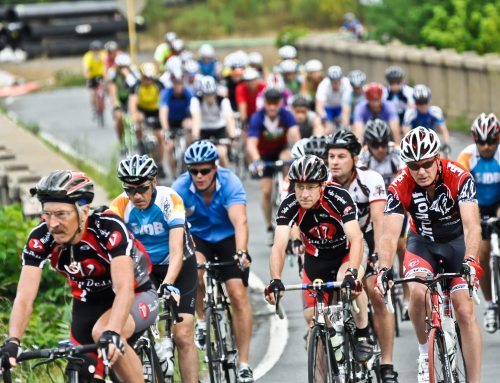“I’m Sorry”.
|
|
We’ve been hearing this a lot lately. It seems to be the most recommended response for high-profile athletes who have been caught breaking the rules. From Olympic Medal ‘caretaker’ Marion Jones to Michael Vick to various retired Tour de France Cyclists, the common snippet is “I’m Sorry”. And this is a good thing – people should apologize for things they’ve done wrong. But it’s the next line that invariably follows that leaves me feeling a little flat: “I used poor judgment.” or “I made a bad decision”.
Poor Judgment.
This is a phrase that would apply to someone wearing striped pants with a checkered shirt. Or maybe riding your bike in the dark without a helmet. These are poor decisions.
It seems the sort of thing these professionals are kind of apologizing for are worth a little more than ‘I’m sorry’.
As I was listening to NPR the other day on a conversation regarding Marion Jones’ recent admission to taking performance-enhancing drugs (after numerous declarations to the contrary), I was intrigued by a comment a local caller made regarding their ongoing on-air discussion of the ‘morality’ of athletes and sport. Olympian Joan Nesbit called in and stopped the discussion abruptly with this: “I’m not really sure why you’re talking about morality when the actions of these athletes are as much criminal as anything else. When they accept prizes and sponsorships that would otherwise go to clean athletes, it’s stealing. It’s not a ‘moral’ issue. It’s a criminal issue”.
Interesting. Of course it’s not fair that people take performance-enhancing drugs, but I had never even considered what they were literally taking away from so many other potential winners – prize money, Olympic fame, and all the sponsorship dollars that come along with that. I’m not sure what criminal charges should be applied to these athletes, but this perspective certainly does make it sound more like stealing than cheating.
And if you think this cheating trend is limited to elite athletes, think again. Just last month, at the Berlin Marathon, Mexican politician and 2006 presidential candidate Roberto Madrazo, crossed the finish line (see photo) celebrating what seemed to be the fastest time for his 55-59 age group – 2:41:12. The odd thing was that he was still wearing long pants, a jacket, and he was barely sweating. Other runners were already down to shorts and tank tops as temps were in the 60’s. Upon further review, officials discovered his chip-timed split for a 9-mile section of the course was only 21 minutes (faster than any human can run). That, combined with the fact that his last marathon in San Diego was 3:37:00, confirmed he had cheated the course, as well as the rest of the field.
The bottom line is that whether you get caught or not, you’re still a cheater. And that means you lack respect for yourself, your ability, and everyone else who celebrates your ‘victory’. Not to mention the sport. My plea to everyone, from elite cyclists to Olympic hopefuls to everyday marathon racers, is to always, always race with integrity. Or, soon, there may not be any races at all.
Inspire. Perform. Endure.
PS – please send your discoveries of cheaters to cheaters@endurancemag.com – maybe we’ll find a place for them on our new website.







